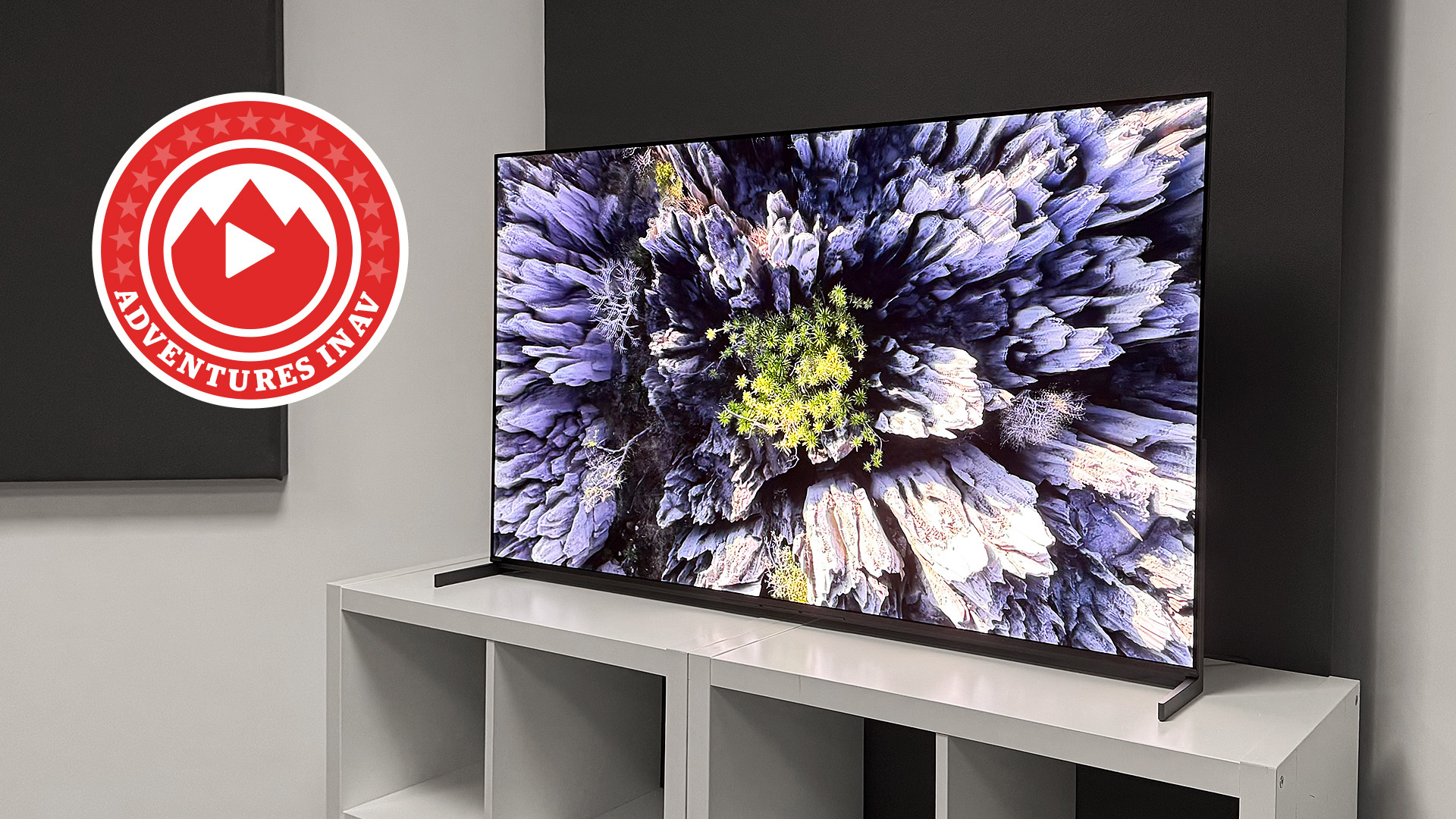We've built a brilliant vinyl and streaming hi-fi system powered by Mission and Wharfedale
The best of modern streaming smarts with retro appeal and top-notch analogue performance
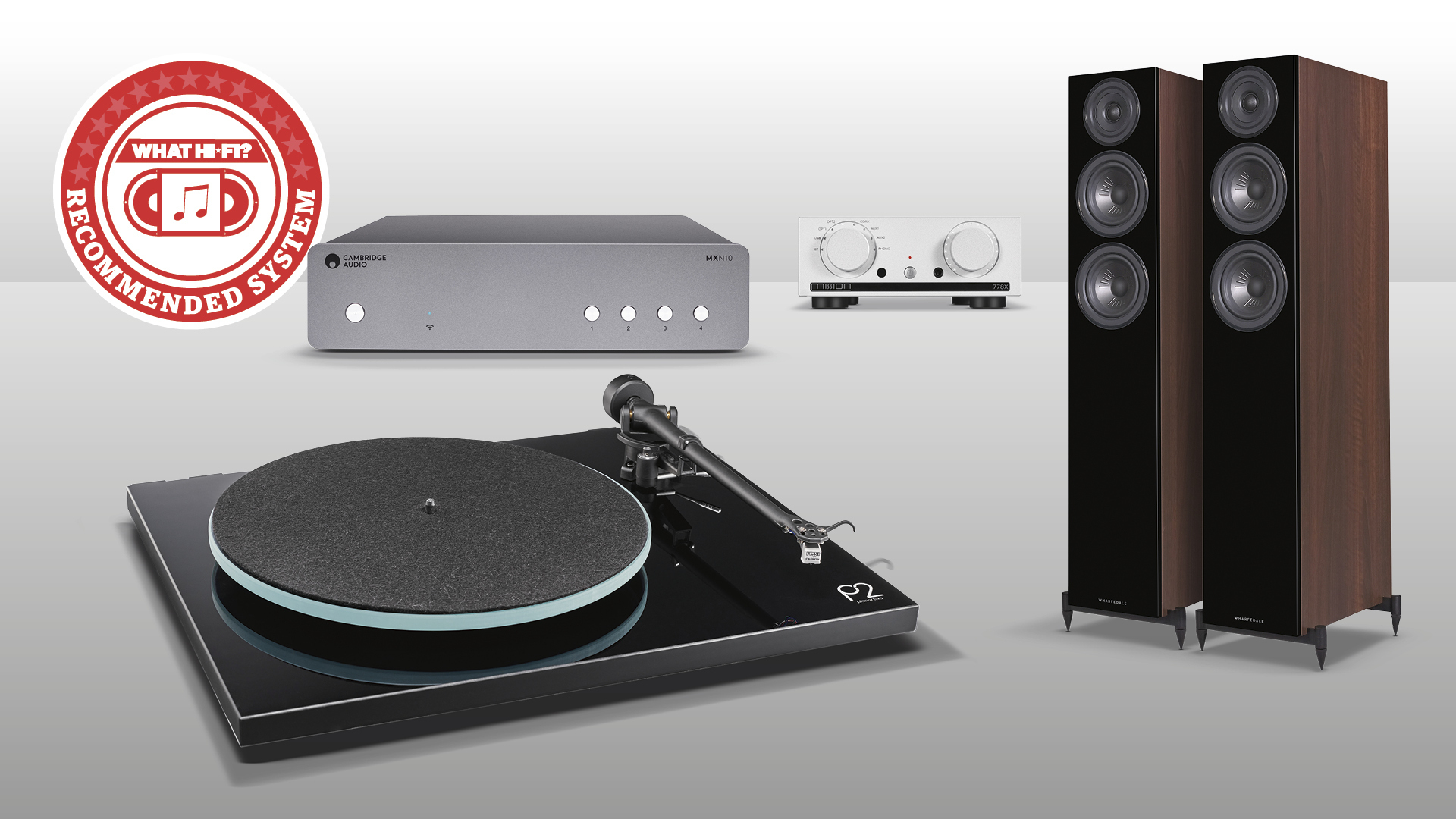
Here we have a hi-fi system that beautifully marries the best of modern streaming smarts with some top-notch analogue performance, all while looking reassuringly on-trend and old-school in appearance. That somewhat retro look is brought about not only by the obvious inclusion of a turntable, but also by the ’80s look of the relatively affordable Mission amplifier around which this system is built. And even then, in all other respects, the thoroughly up-to-date Cambridge Audio music streamer wouldn’t look hugely out of place in a system from before the turn of the century.
The system
- Integrated amplifier: Mission 778X (£549 / $549)
- Turntable: Rega Planar 2 (£499 / $775)
- Music streamer: Cambridge Audio MXN10 (£449 / $499)
- Floorstanding speakers: Wharfedale Diamond 12.3 (£499 / $998)
- Total price: £1996 / $2821
Turntable: Rega Planar 2
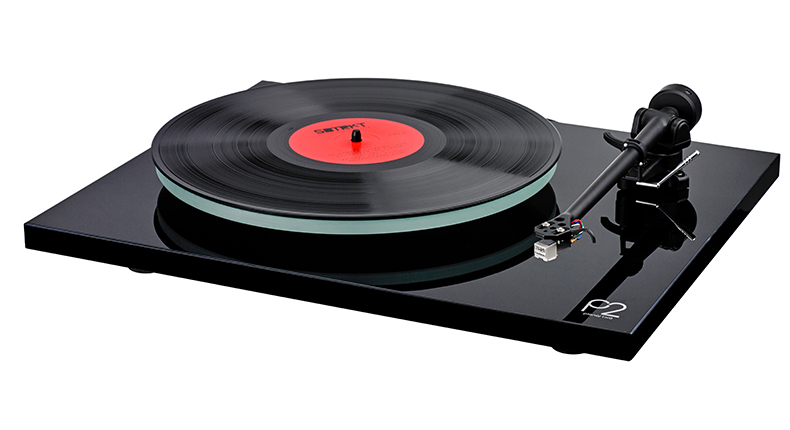
Rega’s Planar 2 can sometimes fall a little between the cracks when it comes to the systems that we create here at What Hi-Fi? It suffers from having excellent siblings both lower down and a rung up the performance ladder; which is a real shame, because this turntable is a sterling performer in its own right, and deserves its place in the limelight. And its merited spot as the centre of attention comes right here, perfectly placed as it is in this £2000/$3000 system.
A proper and appropriate step up in performance from the excellent, and Award-winning, Planar 1, the Planar 2 is an energetic player that's able to punch out bass notes with enthusiasm while being nimble and precise enough to deal with complex rhythms and the nuance of technical pieces. It is able to cope with everything thrown at it with apparent ease – and makes listening to any type of music properly entertaining.
Music streamer: Cambridge Audio MXN10
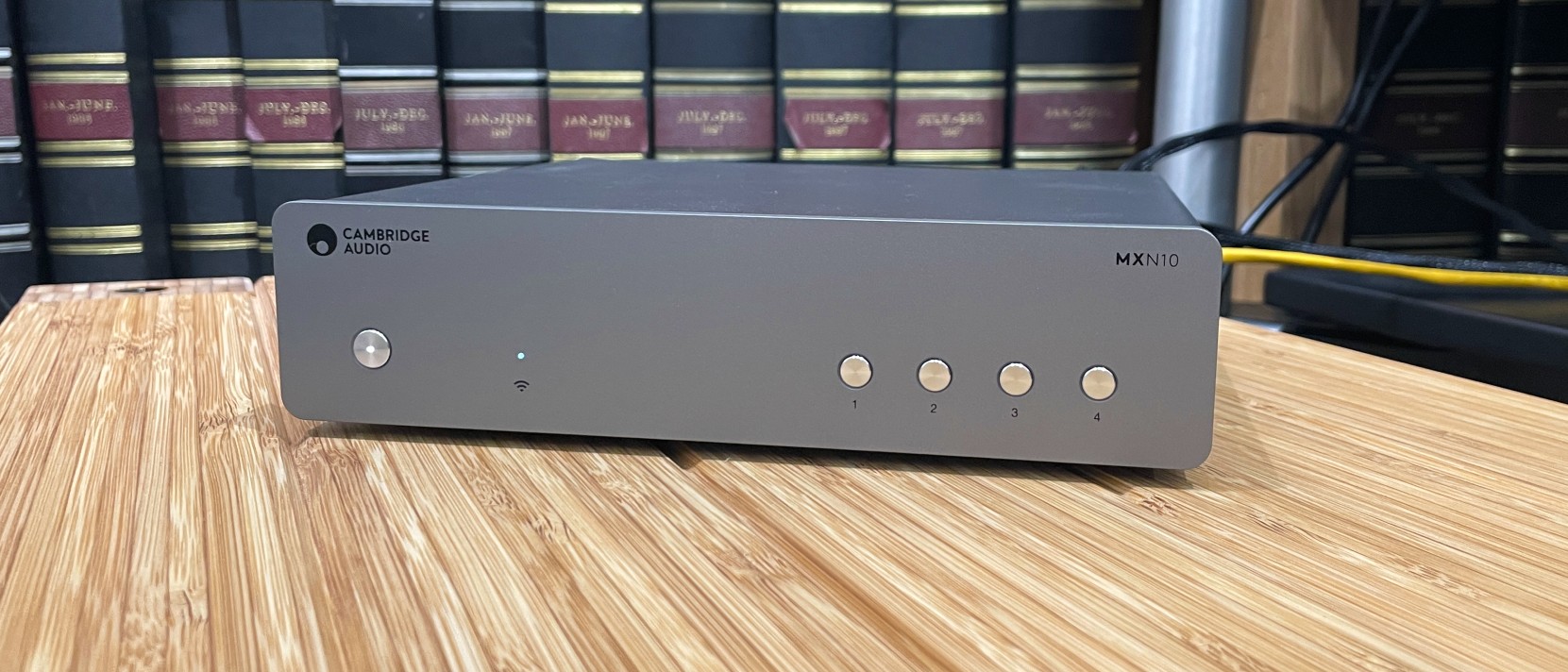
The Rega deck shares source duties in this system with Cambridge Audio’s equally impressive MXN10. This little box of tricks fits in rather well here, in a small way because of one of our minor criticisms of the music streamer: that there is no display on the front of the machine showing you what is playing. It’s not a major issue in use, of course, because most of us use our smartphone or tablet to drive a streamer – and indeed it means that the bijou box is remarkably unobtrusive in a system. This is no “look at me!” digital diva.
Yet the performance it provides suggests that it would be well within its rights to blow its own trumpet far more than it does. For this is without doubt one of the finest sub-£500 streamers on the market.
It comes equipped with the ESS Sabre ES9033Q DAC, which allows it to stream hi-res files of up to 32-bit/768kHz PCM and DSD512 resolution from a variety of sources – an impressive specification for a unit in this price range. And, of course, it sounds terrific for the money, effectively delivering a slice of its big brother CXN (V2)'s performance on a smaller scale – there’s authority, musical cohesion and rhythmic and dynamic prowess in spades. It treads an impressively well-chosen path between the detailed, spacious sound of the Audiolab 6000N Play and the more characterful energetic balance of the Bluesound Node (2021), but offers up more dynamism and expression. And it's that easy-going combination of strengths that makes this Cambridge streamer such a winning proposition. In this set-up, it’s a bit of a no-brainer.
Integrated amplifier: Mission 778X
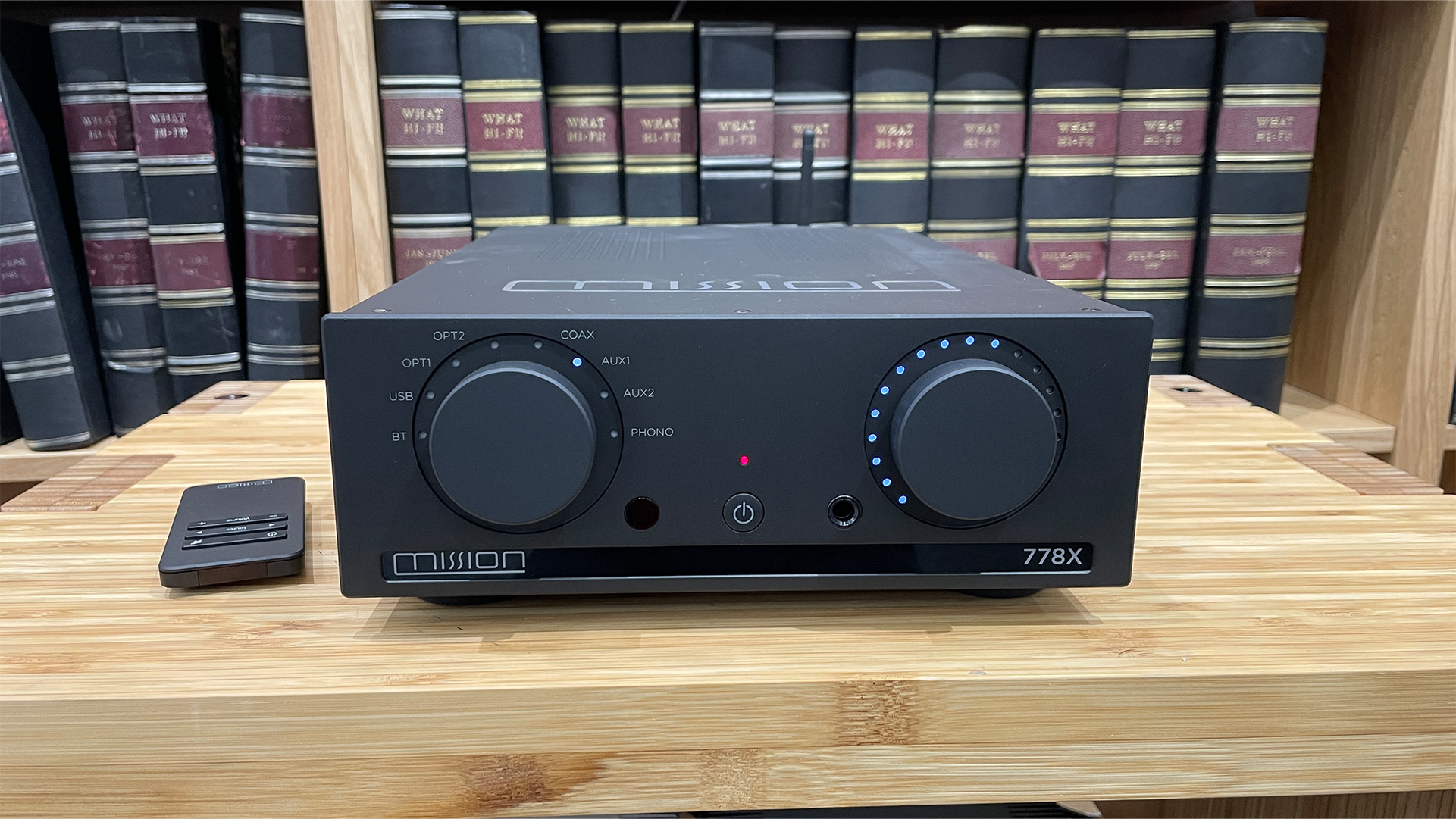
The amplifier in this system is the latest in an increasingly long line of hi-fi products that hark back to the ‘glory days’ of the 1970s and early ’80s. Nothing wrong with that of course – as long as it’s the essence of those veterans that is aimed for, rather than precisely the same performance. And Mission has hit the sonic sweet spot here in a unit that would (thankfully, given the company’s intention in marketing the 778X) look completely at home in a system from Bowie’s heyday.
The latest hi-fi, home cinema and tech news, reviews, buying advice and deals, direct to your inbox.
As we say in our review of the Mission amp, it digs up plenty of detail and is composed enough to arrange all that information into a cohesive and musical whole. This is a nice, open, balanced sound and it has a particular strength with voices – there is a lovely blend of bite, sweetness and insight at mid-to-high frequencies.
“Dvořák’s New World Symphony is a demanding classical piece,” we say in the review, “but the Mission delivers enough in the way of scale and authority to satisfy. It is composed with demanding music such as this, and does well at capturing the grandeur and emotion of the music.”
And what is particularly impressive in a product such as this is that the sound from this Mission 778X amp remains consistent through its various inputs – including, importantly for our purposes here, its moving-magnet phono stage.
Floorstanding speakers: Wharfedale Diamond 12.3
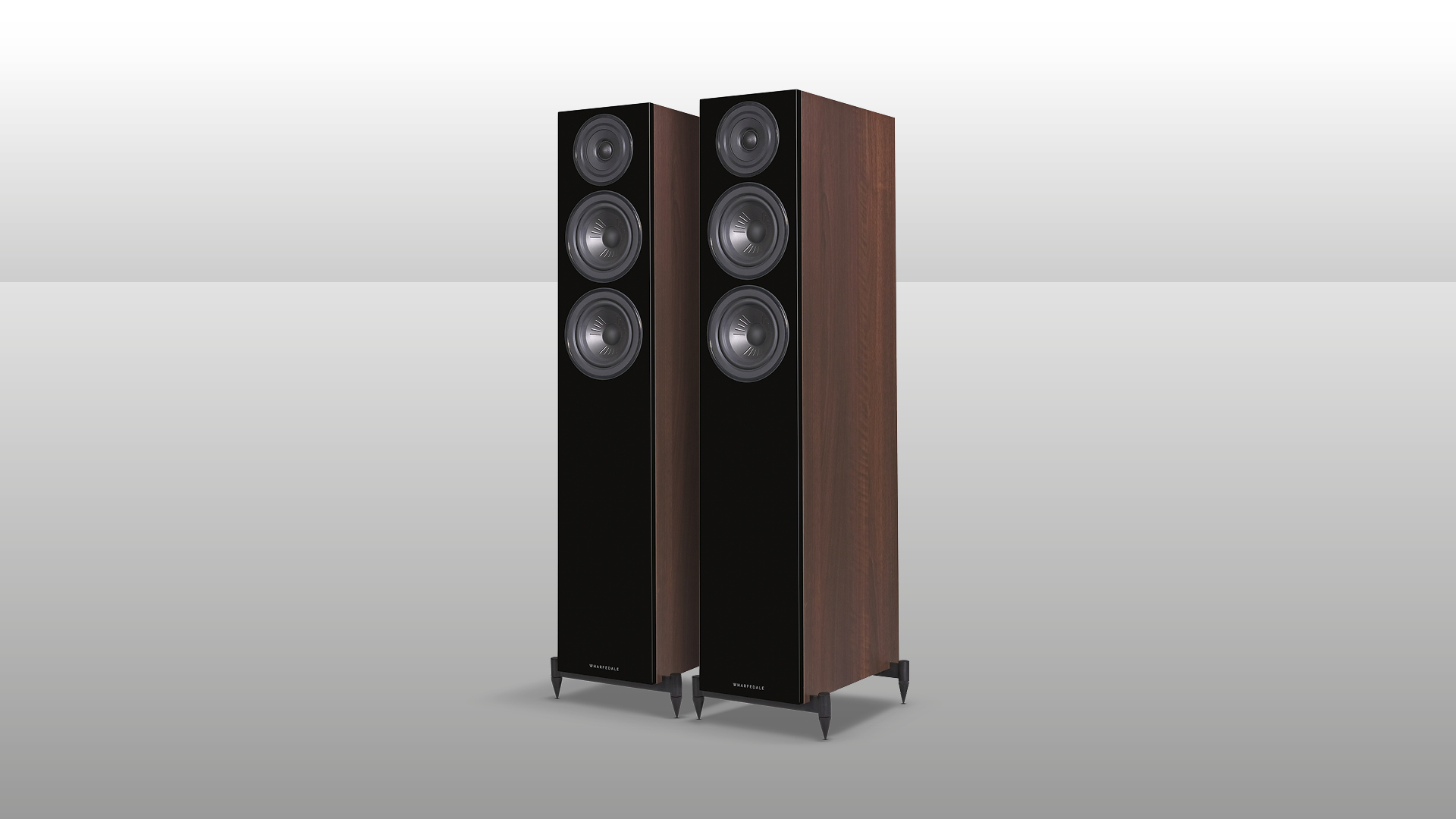
The final component of this competitively priced all-round hi-fi system comes in the form of some of our favourite floorstanding loudspeakers. As we say in our review verdict: “It’s tough to make a truly talented affordable floorstander, but Wharfedale has cracked it with the 12.3. They are terrifically accomplished for the money.”
They come in the choice of four finishes and aren’t huge by floorstanding standards, so should fit nicely into most listening environments. We find they work well if positioned at least 50cm from the rear wall; when we reviewed them, we settled on placing them 90cm out into our test room. Similarly, keep them at least 70cm away from the side walls if you want to maximise stereo imaging, sonic balance and clarity. Having said all that, don’t worry too much about positioning these speakers; you don’t need to be perfect to get great results from them.
We wax lyrical in our review, saying that the Diamond 12.3 “deliver a lovely layered sound that is brimming with detail and dynamic nuance. They have a pleasingly sure-footed manner and don’t get tripped up when things get complex.
“They resolve a large amount of information, but also present it in an organised and controlled way. We appreciate the articulate and expressive midrange and the seamless integration between the drive units, and like how Wharfedale has avoided excess; there’s enough bass weight to satisfy but not so much that it spoils the balance of the presentation. The lows are agile, satisfyingly rich and textured with it.”
Sounds like the perfect complement, then, for the impressive electronics that we have grouped them with here. This is an absolutely stunning winning stereo combination for around two grand. Brilliant.
MORE:
Check out the best floorstanding speakers currently available
And the best turntables to spin your vinyl records
12 of the best British indie and alternative tracks to test your hi-fi system

Jonathan Evans is the editor of What Hi-Fi? magazine, and has been with the title for 18 years or so. He has been a journalist for more than three decades now, working on a variety of technology and motoring titles, including Stuff, Autocar and Jaguar. With his background in sub-editing and magazine production, he likes nothing more than a discussion on the finer points of grammar. And golf.
